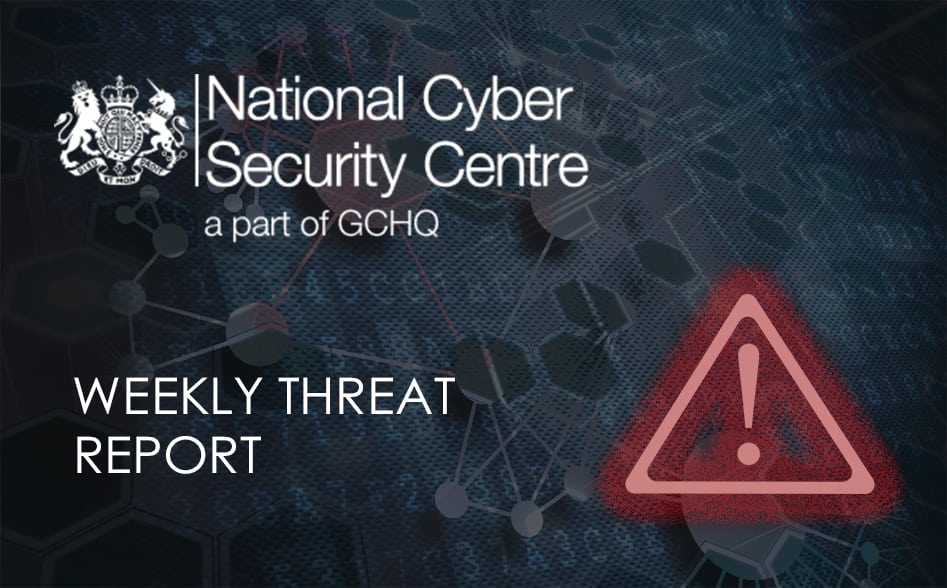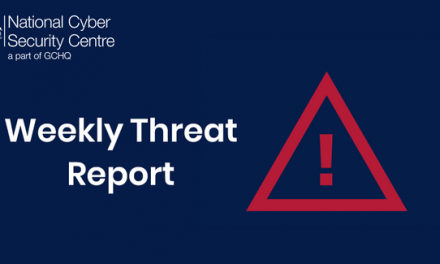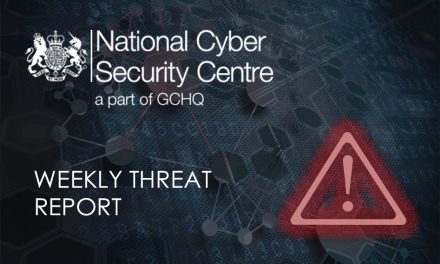A report conducted by Asavie has highlighted that Endpoint security has become the main pain point for businesses in 2020. Over 50% of the businesses surveyed stated that this was their main cybersecurity issue, followed by protecting against vulnerabilities, and provisioning for remote workers.
The need for a more robust endpoint security has been heightened by the recent pandemic as more devices are used to store corporate information. However, the lack of visibility into endpoint security could mean that corporate data may be at risk of being accessed by threat actors.
The research highlights an increase in targeted attacks against industries in media and telecoms and financial sectors, as well as health sectors being targeted due to the ongoing development of a COVID-19 vaccine.
Our Mobile Device Guidance gives advice on provisioning and maintaining the security of laptops, phones, tablets and PCs, as well as advice for network architects and systems administrators on the design of remote access architecture for enterprise services.
Annual list of most “dangerous” celebrities topped by familiar chat show host
Antivirus software firm McAfee has published its “2020 Most Dangerous Celebrities list” this week with the list being topped by chat show host Graham Norton. The list ranks the “danger” of a celebrity by the amount of malicious results generated by a search of their name online in the UK.
McAfee warns that cyber criminals use the allure of celebrities to trick people into clicking dangerous links. The NCSC issued a similar warning this year about investment scams that use fake celebrity endorsements to entice people in to making bogus investments. Over 300,000 malicious URLs hosting these scams have been brought down in just four months.
Our antivirus guidance has all you need to know about how to protect yourself from malicious URLs and attached viruses. We also have published guidance on how to deal with suspicious emails, phone calls and text messages which will help you if you believe you have fallen victim to a scam.
Ransomware attacks not being reported
An assessment carried out by Europol has shown that many victims of ransomware attacks are not reporting the incidents to the police which makes attribution and prevention of further attacks more difficult.
The report suggests that affected businesses are less likely to involve the police to ensure attacks stay out of the public eye and to decrease the chance of reputational damage. It was indicated that another reason for lack of police contact was the uncertainty of their ability to assist.
The NCSC Incident Management Team have guidance on how to effectively detect, respond to and resolve cyber incidents as well as specific guidance on how to prevent ransomware attacks.
If you suspect that you have been the victim of fraud or a cyber crime, you should always report it to Action Fraud as soon as you can.



